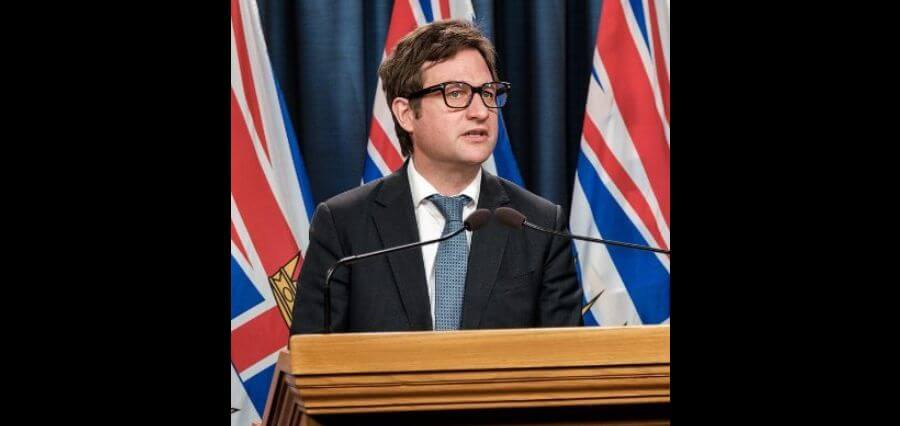Following the federal budget’s minimal allocation for transit earlier this week, the B.C. government unveiled a $300 million investment in transit for the Lower Mainland on Wednesday. This funding will be directed towards acquiring additional buses and enhancing service frequency across 60 routes in the area.
Minister Rob Fleming elaborated that these investments will lead to significant service enhancements for SeaBus, bus, and SkyTrain users throughout the region, commencing as early as September. The improvements include extended service hours and increased frequency to prevent overcrowding on buses.
Furthermore, this new capital infusion will aid TransLink in realizing its 2024 Investment plan. TransLink will promptly implement service expansions using the remaining funds from the $479 million allocation provided by the province in 2023.
Minister Fleming emphasized the collaborative efforts between the province and TransLink to address the region’s transportation challenges amid unprecedented growth. By investing in public transit, the government aims to offer residents cleaner and more economical travel options both presently and in the future.
The B.C. government has announced enhancements to HandyDART services, particularly in late-evening availability. This funding allocation follows repeated concerns raised by the TransLink Mayors’ Council over the past year regarding underfunding and resource inadequacies amidst significant population growth in the region.
Port Coquitlam Mayor Brad West, the council chair, expressed disappointment in February over the absence of new transit projects for Metro Vancouver in the province’s 2024 budget. At that time, he warned that without additional funding, TransLink might have to consider service reductions starting in 2026.
Minister Fleming emphasized on Wednesday that the $300 million funding injection will not only stabilize TransLink’s services but also enhance service frequency. However, it will not impact the scheduled 2.3% fare increase set to take effect on July 1.
“We do have big financial challenges; I don’t want to shy away from that,” Fleming said. “The fact is, through provincial funding, and through things like fare increases that we’re doing, we are able to keep service levels where we are at right now through the end of 2025.
“But following that, we do need to have a serious conversation … We have funding challenges that we need to solve.”

